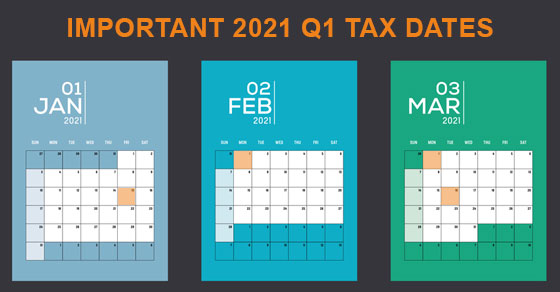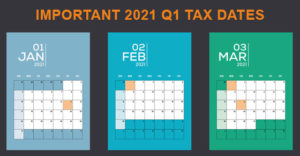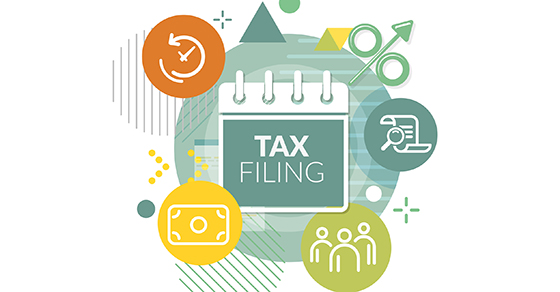
Attending college is one of the biggest investments that parents and students ever make. If you or your child (or grandchild) attends (or plans to attend) an institution of higher learning, you may be eligible for tax breaks to help foot the bill.
The Consolidated Appropriations Act, which was enacted recently, made some changes to the tax breaks. Here’s a rundown of what has changed.



















